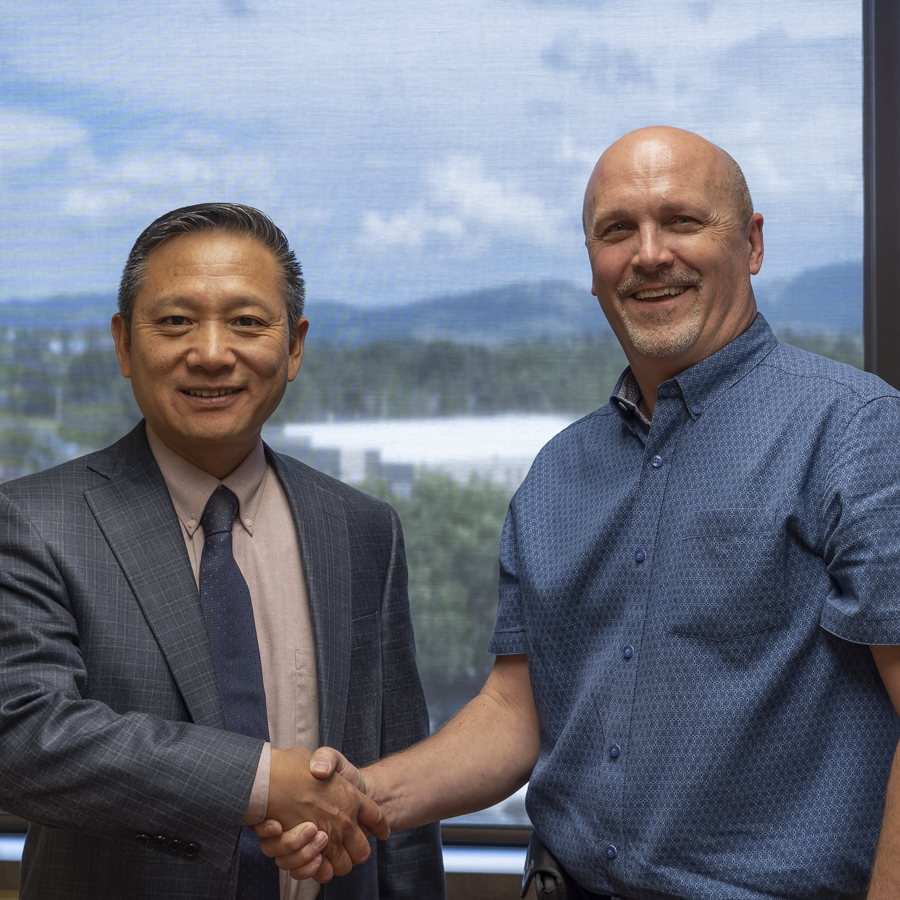18th Annual Western States Forum a Success
The Western States Rural Transportation Technology Implementers Forum(the Western States Forum or WSF) continued the tradition of success at its 18th annual event in June. Designed to share rural transportation solutions that have been deployed in the field, the Forum featured seven technical presentations and demonstrations and provided a variety of networking and discussion opportunities […]
David Kack Hands WTI Director Role to Kelvin Wang

A word from our staff: As Montana State University prepares for the start of the Fall semester, August is also bringing change to WTI as we welcome a new director. As many of you may know, David Kack and his family have started a new life chapter in Tennessee, and while David will continue remotely […]
New IUNC Report from Rob Ament and Tony Clevenger
Rob Ament, the Road Ecology Program Manager at WTI, Dr. Tony Clevenger, a WTI Senior Research Scientist, and their colleague Dr. Rodney van der Ree of Australia, are the lead editors of a new technical report published by the International Union for Conservation of Nature (IUCN) and its World Commission of Protected Areas. Titled “Addressing […]
